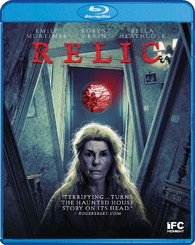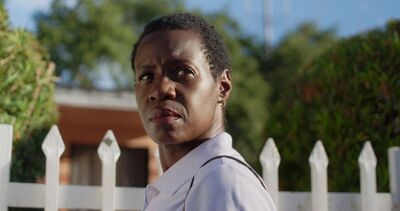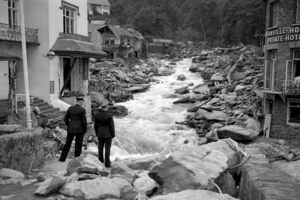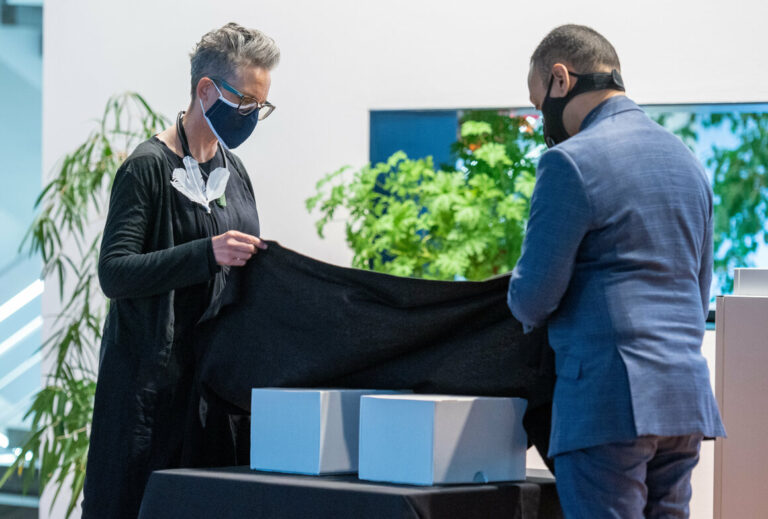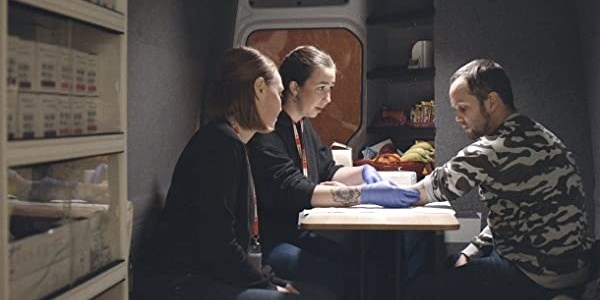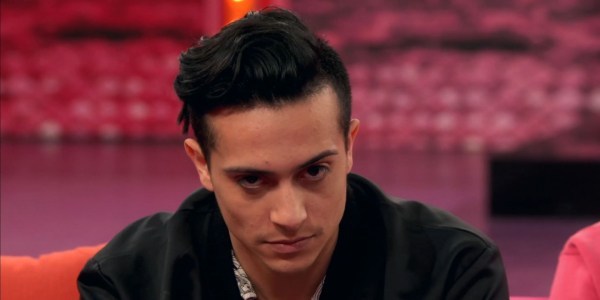Pretty Boy Bond: Reflections on the Pierce Brosnan Era
The name’s Bond. Bondathon. With twenty-four official James Bond films to conquer before No Time To Die hits theaters, Bond fan Anna Swanson and Bond newbie Meg Shields are diving deep on 007. Martinis shaken and beluga caviar in hand, the Double Take duo are making their way through the Bond corpus by era, so hang up your hats and pay attention. This entry explores the Pierce Brosnan era of James Bond.
After our deep dives on Connery, Lazenby, Moore, and Dalton we’ve hit the prettiest (Dante’s) peak of the James Bond franchise: Pierce Brosnan. He’s as handsome as the day is long, and he’s here to bring Bond into the 21st century.
We’ve finally made it out of the Cold War and into the ’90s, and you can tell because everything (yes everything) is CGI now. And in the six years since Dalton, feminism was invented. And the films really want you to know it. As this era is keen to remind us, this is a brave new world for Bond, one with new villains, new allies, and a lesson for 007 on what “workplace sexual harassment” means. After plans for Brosnan to take over as Bond in the ’80s were thwarted by other contractual obligations, his assumption of the role was a long time coming. But was it worth the wait?
Join our Double Take duo to answer that question and more. But first, a recap of what went down in the Brosnan era:
- Satellites. Why’d it have to be satellites? GoldenEye (1995) pits Bond against his ex-buddy Alec Trevelyan (Sean Bean), a treacherous 00 agent who has acquired access to a satellite system that could destroy the earth with the click of a button. As Bond squares off against his former friend, he must contend with Trevelyan’s allies: the sadistically sexy assassin Xenia Onatopp (Famke Janssen) and the supremely scummy hacker Boris Grishenko (Alan Cumming).
- Tomorrow Never Dies (1997) sees 007 up against Elliot Carver (Jonathan Pryce), a monomaniacal media mogul who has staged international crises to incite havoc amongst the world’s superpowers. To curb World War III, Bond and Chinese agent Wai Lin (Michelle Yeoh) must expose (read: kill) Carver.
- The World Is Not Enough (1999) is all about high-tech terrorism. Thanks 1999! Tasked with protecting an oil heiress (Sophie Marceau) from an ex-KGB agent (Robert Carlyle) who, due to a bullet-to-the-head accident, can’t feel pain. It’s up to Bond to defuse the brewing international power struggle and keep the world’s global oil supply safe! Thanks 1999!
- In Die Another Day (2002), Bond is up against a North Korean leader who (brace yourselves) undergoes a DNA replacement procedure to assume the identity of a British billionaire (Toby Stephens). Who, of course, is in possession of a solar-powered super laser.
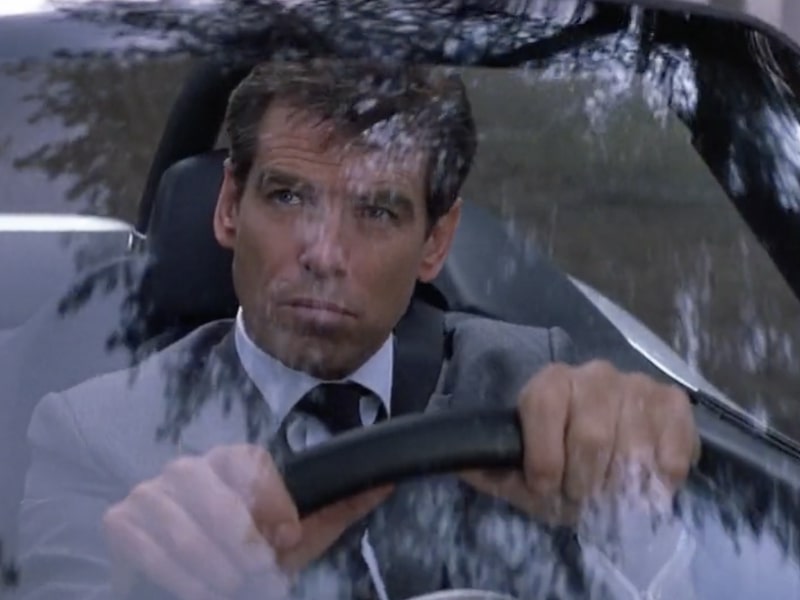
What did you expect? What surprised you?
Bond Beginner:
Pierce Brosnan seems to inspire in people the type of fanaticism typically reserved for boy bands and teen heartthrobs. Which is to say: there’s a kind of blind love for this iteration of Bond that is never as clearly articulated as it is with the others. People have an understandable nostalgia for folks like Sean Connery and Roger Moore; they’re old school and maybe ye old Bond was a patron saint in your childhood home. George Lazenby and Timothy Dalton are black sheep and so, as I’ve demonstrated in prior entries, adulation must be qualified in order to withstand scrutiny. But the way people talk about Brosnan has a different and distinctly “shut up, it’s Brosnan” flavor to it, a kind of default reverence that never assumes a solid shape.
This is all to say, I knew there’s fuss, but what the fuss was about wasn’t really clear to me. And after watching all the Brosnan Bonds I’m still not sure. Ultimately, I was surprised by how safe, dull, and passionless this take on 007 is. How, in contrition for the sins of the past, this hot new Bond seems to have sacrificed all the things that made him interesting. Suave and serious just bores me to tears.
Bond Veteran:
Frankly, I expected to have a good time, and a good time was had. I love Brosnan, both as an actor and as a Bond. His tenure was hugely formative and his films are ones that I always enjoy returning to. That said, I don’t think they’re infallible. Anything involving digital effects sticks out like a sore thumb, and these films do feel less distinct and singular than, say, the clownish antics of Moore. But I don’t think it hurts to have a potpourri Bond, one who is neither campy nor gritty. I love that whatever I’m in the mood for when it comes to Bond, I can find it in one of the Brosnan films. Plus, it doesn’t hurt that he’s certainly my pick for the most handsome Bond.
Watching the films this time, Meg and I had a few ideas up our sleeves and we were on the lookout for any of Brosnan’s boys. For this reason, what really surprised me was that, in focusing on Desmond Llewelyn’s Q, how genuinely sad I found his final departure. It really hit home just how valuable Q is to these films and how irreplaceable he truly is.
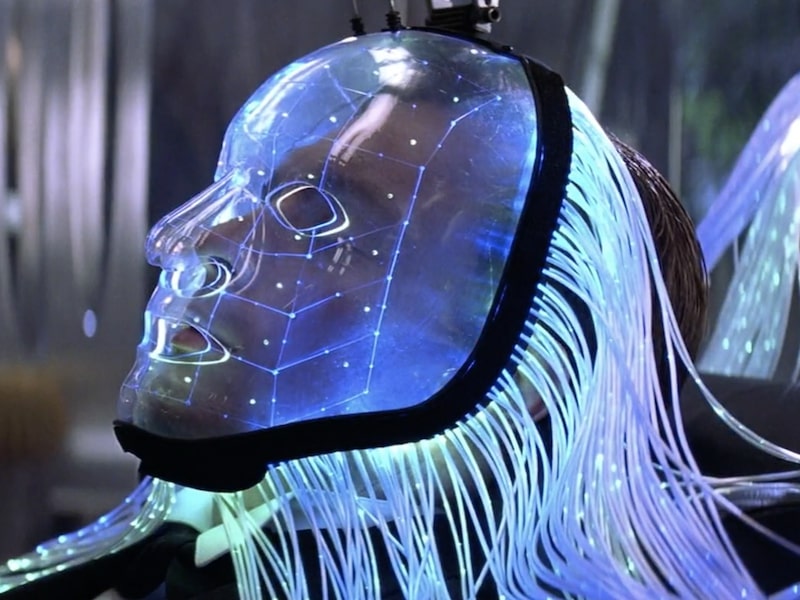
Do these films hold up?
Bond Beginner:
No, they do not. Without the smoothing benefits of nostalgia, time has not been kind to these films. In theory, each Bond era is a response to the social, technical, and political mores of when it was made. The Brosnan Bonds are definitely that, so maybe it’s just that I don’t find this take on new millennia anxieties particularly interesting. It’s all very grey, darling. Sure, the Brosnan films aren’t cringe-worthy. Quite the opposite: they’re so afraid of their own legacy’s shadow they hide behind spectacle. I say “fault” because the early 2000s absolutely could not cash the spectacle checks these films wanted to deposit. The CGI here is criminally distracting. Even the very worst rear projection sequence from the Connery era looks better than the tsunami surfing scene in Die Another Day. There are several low points in the franchise, and a good third of them are localized in the back-half of the Brosnan era. When people say they like Brosnan, they should be honest and just say they like GoldenEye.
Bond Veteran:
Here’s the thing: you never forget your first. Ask anyone who spent any time watching Bond movies growing up and they’ll agree that formative Bond experiences can hugely shape how you feel about any given actor. For me, this translates into eternally loving Pierce Brosnan. Sure, I’d seen the other films and loved many of them, but my first big-screen Bond movie was Die Another Day. There are many that would scoff at this, even more who would pity me, but I truly believe this was a best-case scenario. I can look at Brosnan’s final turn as Bond and recognize that it’s not the best movie, nowhere near it. But I can also remember the sheer anticipatory joy of being a kid and counting down the days until I could see a new Bond movie. That it was riddled with plot holes, cheap humor, and bad CGI didn’t matter — it was Bond. What many consider to be the low point of the franchise is what I look at with nostalgic fondness. Although there are a few Bond movies I don’t really like, it brings me no pleasure to dislike them. It’s much more enjoyable to find things to like, even if the major thing to like is reveling in my affection for what this film once signified.
All of this is to say that I probably can’t judge if these films hold up. They do for me, personally, because of my experiences with them. While someone else can see faults in the films, I see a franchise exploring what it means to transition out of the Cold War, how to navigate shifting expectations of the women in Bond’s world, and curiously prodding new technology. Do they nail it every time? Absolutely not. But in these films, I see fascinating ideas at play. As has been the case with every other era of Bond, I find myself less interested in the question of whether things hold up and more interested in what can be gleaned from understanding them in their time period.

